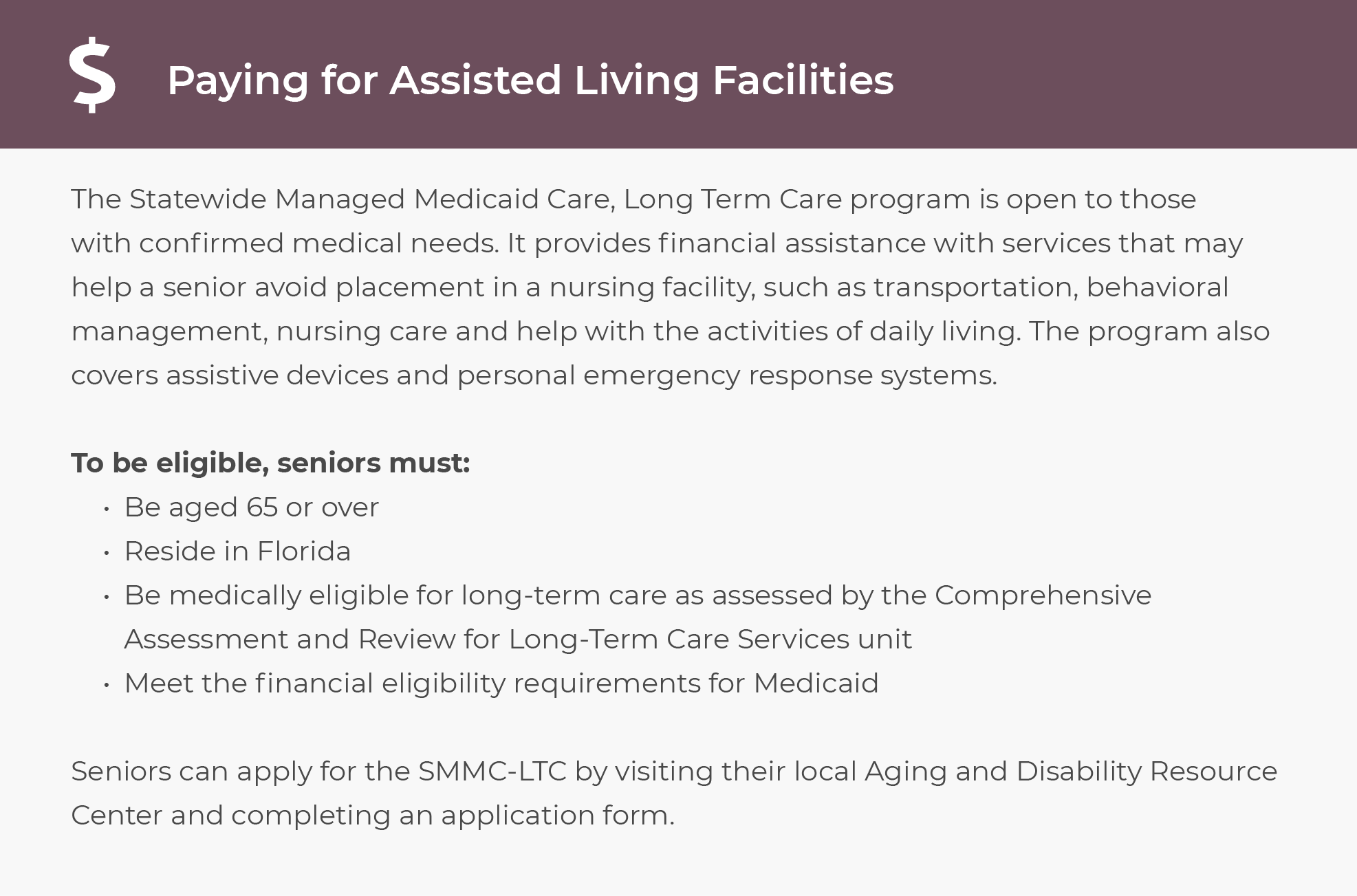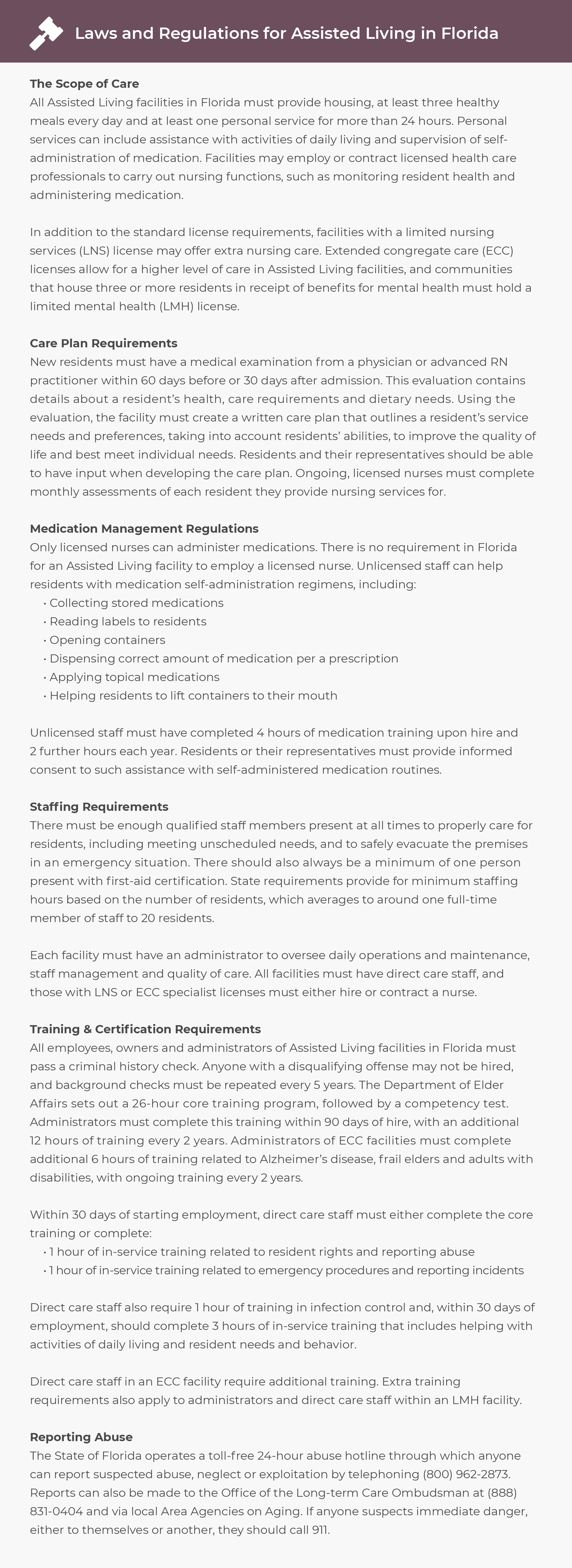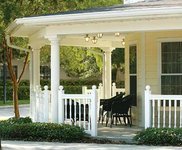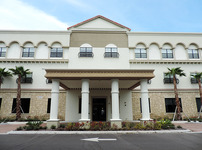More than 307,000 people call Orlando home, and about 10% are seniors aged 65 or older. Seniors flock to the Sunshine State for its warm weather and abundance of entertainment and recreational opportunities to enjoy with friends and family. As an Orlando senior, you can also stretch your retirement dollars because Florida won’t tax your Social Security benefits or retirement income since there’s no state income tax. Orlando also has an impressive network of hospitals to take care of all your health care needs.
For many seniors, assisted living offers the ideal combination of independence with assistance available anytime it’s needed. Assisted living facilities provide services such as home and yard maintenance, meal preparation and daily housework. They also offer amenities like transportation services, social activities, fitness programs and entertainment. The average cost of assisted living in Orlando mirrors the state average at $4,000, according to the 2021 Genworth Cost of Care Survey.
This guide offers an overview of assisted living in Orlando. Readers will learn how the average assisted living costs in Orlando stack up against other Florida cities and find numerous free or low-cost resources that cater to seniors.
Hundreds of thousands of American seniors utilize assisted living, a figure that is only growing. For these seniors, assisted living combines residential housing,assistance in daily activities, and some healthcare. These communities also strive to provide an atmosphere that is comfortable and engaging for their residents… Read More >
COVID-19 restrictions and rules for Assisted Living Facilities are typically set by the state – to see the rules in your state, you can read our guide to Assisted Living in Florida. Keep in mind that there may be other policies that communities put in place to protect their residents, so you should contact your local community for more information. Additionally, you can contact your local Area Agency on Aging to learn more – find contact information here.
The average cost of assisted living in Orlando is $4,000 per month, but this can vary depending on location, amenities and services.
Assisted living in Orlando matches the state average at $4,000 per month. Both are lower than the national average by $500.
Assisted living costs in Florida vary throughout the state. The average cost in Gainesville is $1,650 less than in Orlando and in Naples it’s $1,300 more. The cities closest in cost to Orlando are Deltona, which is only lower by $25 per month, and North Port, which is higher by $145. Many remaining cities have differences in assisted living costs of up to $700 less, including Lakeland at $700 less and Tampa at $650 less than Orlando. Popular cities such as Miami and Jacksonville have higher costs at $385 and $660 more per month, respectively.

Since not everyone can afford to pay for assisted living out-of-pocket, it’s important to find alternative methods to help make assisted living more affordable. Some of these options include:
For more information about your options for making assisted living more affordable, visit our guide to Assisted Living in Florida.
Orlando seniors have access to numerous resources beneficial to assisted living residents. Many of these resources offer services that help them stay active and retain their independence.
|
Resource |
Contact |
Description |
|
(800) 963-5337 |
SRA is a nonprofit funded by the Department of Elder Affairs and the Federal Older Americans Act. It serves as the designated Aging and Disability Resource Center (ADRC) for seniors aged 60 or older in Orange, Brevard, Osceola and Seminole counties. SRA collaborates with various community-based service providers to help plan, develop and coordinate programs that help seniors find the services they need. | |
|
(407) 245-0651 |
The Florida LTCOP operates out of several district offices to advocate for Florida long-term care residents, including those in assisted living. Volunteer ombudsmen strive to protect the rights, health, safety and welfare of LTC residents. Their goal is to improve LTC residents’ quality of life by helping resolve their concerns and through yearly assessments of facilities. | |
|
(407) 292-0177 |
SeniorsFirst is a nonprofit that offers a vital support system to vulnerable adults aged 60 or older. It provides advocacy and referrals for Central Florida seniors and operates the Stepping Stone Medical Equipment Bank to provide refurbished, durable medical equipment to any adult with an impairment living in Orange, Seminole and Osceola counties. SeniorsFirst distributes mobility equipment and bathroom safety devices at no cost to those who qualify. | |
|
(407) 836-6200 |
Orange County Senior Services operates two senior centers to ensure older adults have a safe place for fun, fitness and socialization that keeps them active and healthy. The Renaissance Senior Center and Marks Street Senior Recreation Complex are both in Orlando and have a low annual fee of $10. | |
|
(888) 895-7873 |
Florida Elder Law provides the Florida Senior Legal Helpline to eligible residents aged 60 or older throughout the state. Seniors who qualify receive a free phone appointment with an attorney or paralegal who offers legal advice regarding civil matters and brief services. Callers may be referred to local and state regulatory agencies when appropriate. Elder Law also helps seniors find legal resources in their communities when they need representation in court or extended legal services. | |
|
(407) 298-4180 |
Volunteers for Community Impact operates the AmeriCorps Seniors RSVP Program across Orange, Seminole and Osceola counties. It offers volunteer opportunities in most areas. Seniors might want to volunteer to use their experience and creativity to change the lives of other residents in Central Florida. RSVP is intended for adults aged 55 or older. |
Assisted Living Facilities in the Orlando area are required to follow a set of rules and regulations that are determined at the state level. For an overview of those rules and regulations, see the information below. For more specific information, talk with your local community or Area Agency on Aging.






































